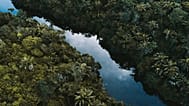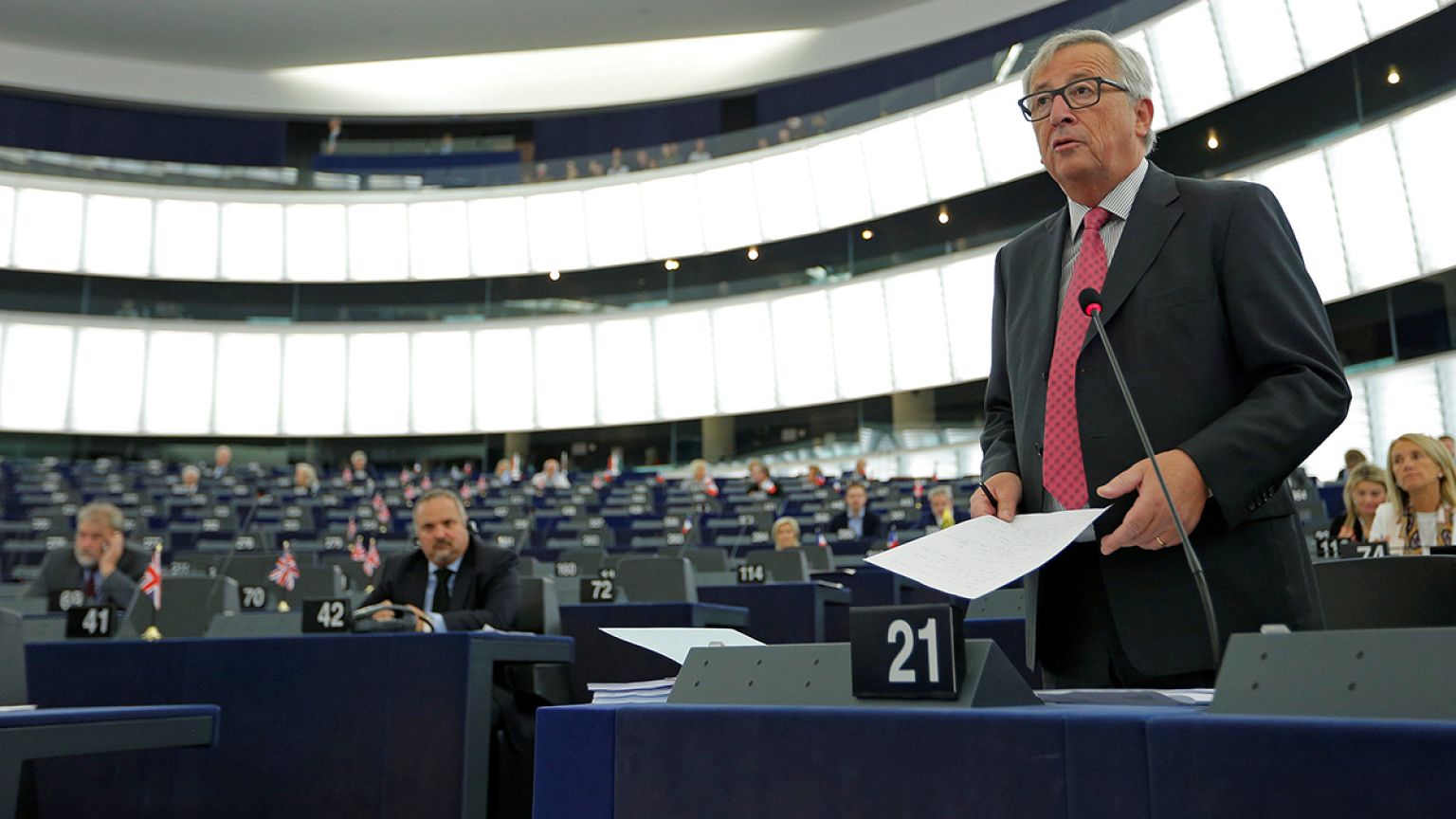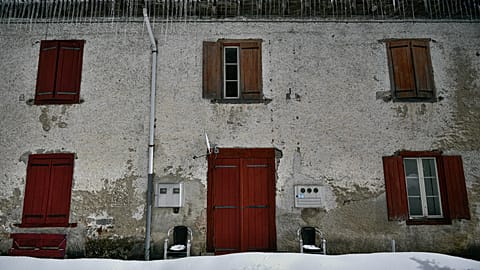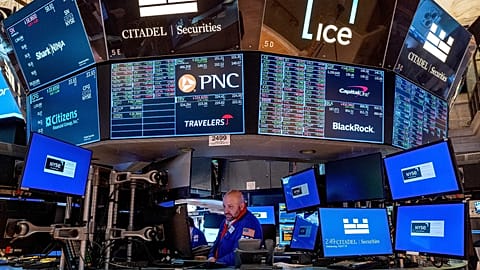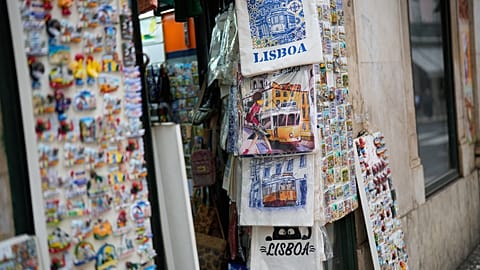Nearly all of the money spent so far through the European Commission's Investment Plan for Europe has gone to the region's 15 richest countries.
The so-called ‘Junker Plan’ seems to have a balance problem.
The investment fund set up under European Commission head Jean-Claude Juncker is designed to to boost the region’s economy.
But nearly all of the money spent so far has gone to the 15 richest countries in the European Union, leaving the other 13 poorer ones out in the cold according to a report by the European Investment Bank, which has not been officially released but which was seen by the Reuters news agency.
Energy projects have benefited most from the scheme, which also covers transport, infrastructure, information technology, research and development, industry and tourism.
Known officially as the Commission’s Investment Plan for Europe, it attracts private investment funding, with 21 billion euros of public money used to underwrite the more risky elements. That 21 billion comes from the European Fund for Strategic Investment (EFSI).
But the European Investment Bank (EIB) has reportedly said it is concerned that 92 percent of the funding went to the European Union’s richer countries.
Italy, Spain and – ironically – Britain, which has voted to leave the EU, got the most for infrastructure and innovation projects.
Germany, France and Italy received the most in support for SMEs (small and medium sized enterprises).
By the end of June, one year into the three-year scheme, the programme had generated 104.75 billion of investment, or one third of the planned outcome, the EIB said in its evaluation report.
It has been proposed the scheme should be expanded with Jean-Claude Juncker saying it will target 630 billion euros by 2022.


